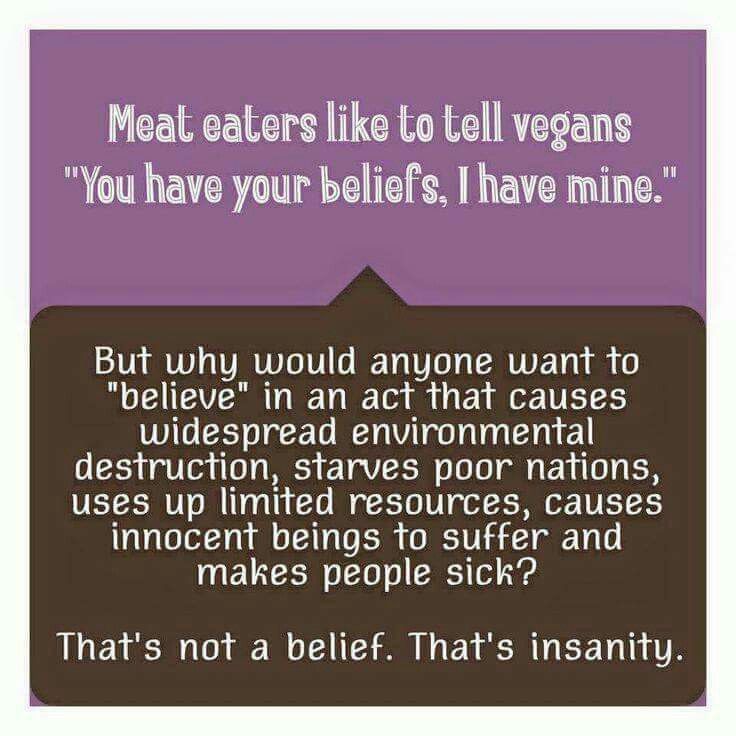*This is regarding the "diet part" of a veg*n life:
Lesson 28 from the book: Living with Siva
Reasons for Vegetarianism
Amazingly, I have heard people define vegetarian as a diet which excludes the meat of animals but does permit fish and eggs. But what really is vegetarianism? It is living only on foods produced by plants, with the addition of dairy products. Vegetarian foods include grains, fruits, vegetables, legumes, milk, yogurt, cheese and butter. The strictest vegetarians, known as vegans, exclude all dairy products. Natural, fresh foods, locally grown without insecticides or chemical fertilizers are preferred. A vegetarian diet does not include meat, fish, shellfish, fowl or eggs. For good health, even certain vegetarian foods are minimized: frozen and canned foods, highly processed foods, such as white rice, white sugar and white flour; and "junk" foods and beverages--those with abundant chemical additives, such as artificial sweeteners, colorings, flavorings and preservatives.
In the past fifty years millions of meat-eaters have made the decision to stop eating the flesh of other creatures. There are five major motivations for such a decision. 1) Many become vegetarian purely to uphold dharma, as the first duty to God and God's creation as defined by Vedic scripture. 2) Some abjure meat-eating because of the karmic consequences, knowing that by involving oneself, even indirectly, in the cycle of inflicting injury, pain and death by eating other creatures, one must in the future experience in equal measure the suffering caused. 3) Spiritual consciousness is another reason. Food is the source of the body's chemistry, and what we ingest affects our consciousness, emotions and experiential patterns. If one wants to live in higher consciousness, in peace and happiness and love for all creatures, then he cannot eat meat, fish, shellfish, fowl or eggs. By ingesting the grosser chemistries of animal foods, one introduces into the body and mind anger, jealousy, fear, anxiety, suspicion and a terrible fear of death, all of which are locked into the flesh of butchered creatures. 4) Medical studies prove that a vegetarian diet is easier to digest, provides a wider range of nutrients and imposes fewer burdens and impurities on the body. Vegetarians are less susceptible to all the major diseases that afflict contemporary humanity, and thus live longer, healthier, more productive lives. They have fewer physical complaints, less frequent visits to the doctor, fewer dental problems and smaller medical bills. Their immune system is stronger, their bodies purer and more refined, and their skin clearer, more supple and smooth. 5) Finally, there is the ecological reason. Planet Earth is suffering. In large measure, the escalating loss of species, destruction of ancient rainforests to create pasture lands for livestock, loss of topsoil and the consequent increase of water impurities and air pollution have all been traced to the single fact of meat in the human diet. No single decision that we can make as individuals or as a race can have such a dramatic effect on the improvement of our planetary ecology as the decision to not eat meat. Many conscious of the need to save the planet for future generations have made this decision for this reason and this reason alone.











